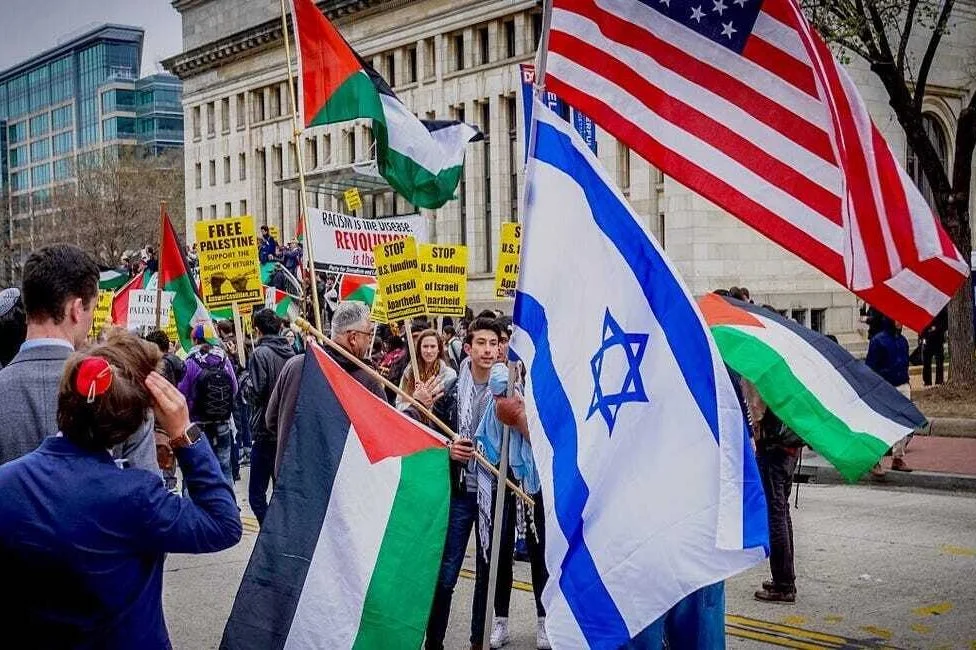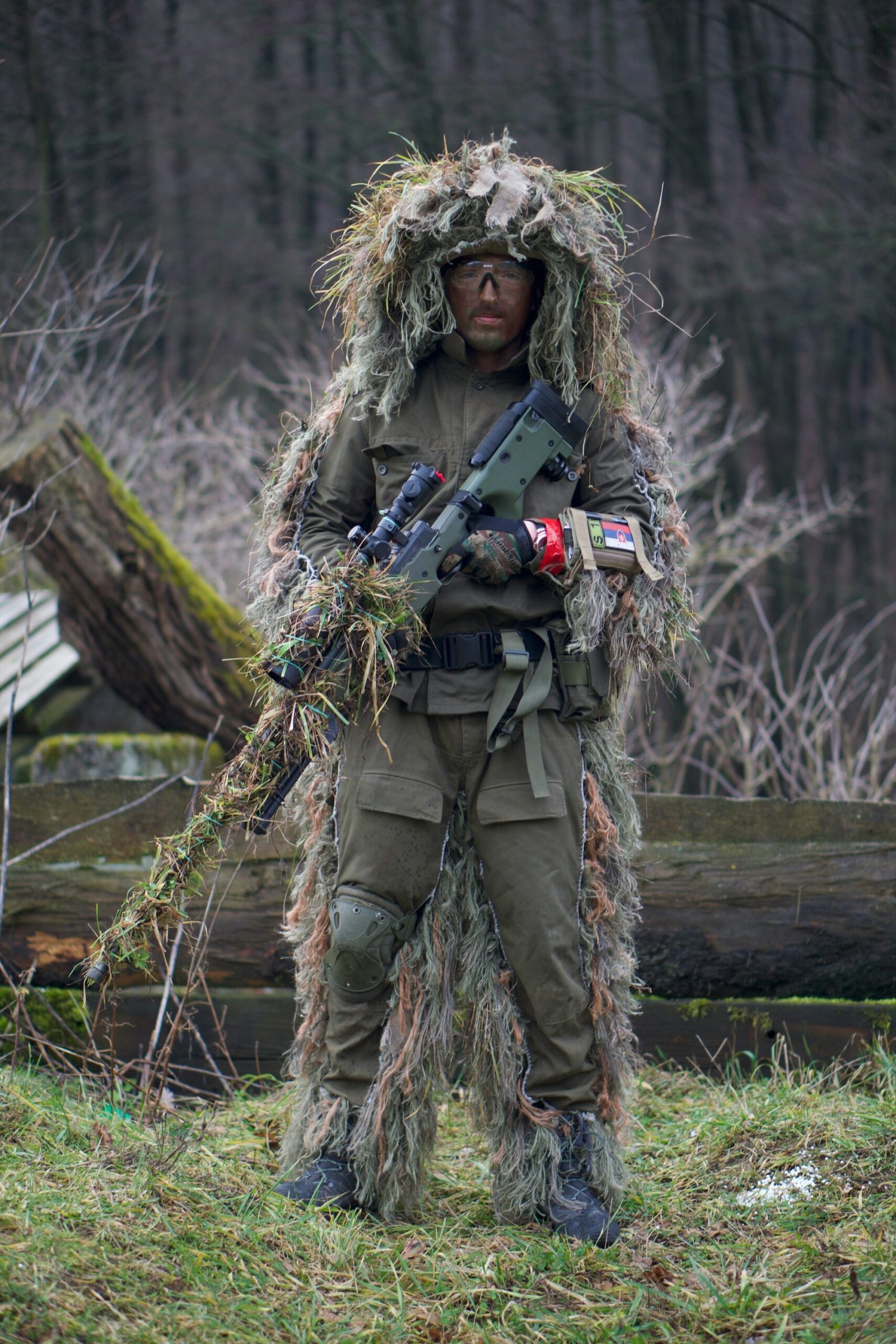Historical Context of Russia’s Involvement in the Middle East
Russia has maintained a complex and multifaceted relationship with the Middle East over the decades, influenced heavily by its historical ties and strategic interests. The former Soviet Union established a foundation for these interactions, which have continued to shape modern Russian policies in the region. Understanding Russia’s contemporary stance, particularly with respect to the Iran-Israel conflict, necessitates a look back at key historical milestones and underlying objectives.
During the Cold War, the Soviet Union vigorously pursued alliances in the Middle East to counterbalance Western influence. Notably, it extended significant support to Arab nations and movements. The Soviet Union’s backing of Egypt, Syria, and later, pro-Soviet regimes in Iraq and Yemen, underscored its strategic interest in the region’s geopolitical landscape and its desire to secure access to crucial resources, such as oil.
Following the dissolution of the Soviet Union, Russia inherited these foreign policy doctrines but adapted them to its new needs. Under President Vladimir Putin, Russia has reasserted its presence in the Middle East, seeking to expand its influence and secure its strategic foothold. Key events in this renewed engagement include Russia’s military intervention in Syria starting in 2015. By supporting President Bashar al-Assad’s regime, Russia aimed to maintain stability in Syria, a critical ally, and safeguard its only Mediterranean naval base at Tartus.
Russia’s relations with Iran have a long history rooted in strategic cooperation and mutual interests. However, this relationship has become more pronounced in recent years, as both countries share common goals in propping up the Syrian government. Despite differing on some regional agendas, Russia and Iran have managed to work collaboratively in areas related to security and military operations.
Simultaneously, Russia has cultivated diplomatic and economic ties with Israel. Although these ties have faced occasional challenges, especially regarding Russia’s cozy relationship with Iran, they remain robust. Russia’s diplomatic balancing act—supporting Iran in certain contexts while maintaining amicable relations with Israel—is indicative of its nuanced approach. This strategy aims to maximize its regional influence without alienating strategic partners.
The legacy of the Soviet Union’s policies combined with modern Russian strategies illustrates a consistent objective: Russia seeks to maintain influence, ensure regional stability in ways that serve its interests, and capitalize on opportunities to expand its geopolitical reach. This intricate historical backdrop forms the context for understanding Russia’s involvement in the Iran-Israel conflict, highlighting a pursuit of a balance that furthers its strategic aims in a volatile region.
Russia’s Diplomatic and Military Ties with Iran
Russia’s relationship with Iran is multifaceted, characterized by strategic alliances, military cooperation, and robust economic ties. Over the past decades, the partnership between these two countries has been pivotal in shaping geopolitical dynamics within the region. The Syrian Civil War has been a critical platform for their cooperation, with both nations supporting the Assad regime. This partnership has not only bolstered their regional influence but also solidified their military alliance.
Economically, Russia and Iran have fostered strong bilateral relations. Russia, being a significant player in the global arms market, has benefited substantially from arms sales to Iran. These transactions are crucial for Iran in circumventing international sanctions and embargoes, while they provide Russia with a consistent revenue stream. Furthermore, energy deals between the two countries, including cooperation in the oil and natural gas sectors, have fortified their economic bonds. These agreements enable Iran to leverage Russian technology and expertise to enhance its energy production capabilities.
In terms of geopolitical interests, Russia views its relationship with Iran as a strategic counterbalance against the influence of the United States and its allies in the Middle East. By maintaining strong ties with Iran, Russia ensures a stable foothold in a region marked by volatility and conflict. This alignment not only amplifies Russia’s regional influence but also strengthens its negotiating power on the global stage.
Russia’s stance on Iran’s nuclear program is nuanced and reflects its broader strategic interests. While publicly advocating for non-proliferation, Russia has often shielded Iran from harsher international scrutiny. The balance Russia seeks to maintain is delicate, as it endeavors to prevent nuclear escalation while preserving its advantageous alliance with Tehran. This approach is indicative of Russia’s broader strategy to assert itself as a mediator and power broker in international conflicts, enhancing its status as a pivotal player in regional security.
Russia’s Relations with Israel and Balancing Acts
Russia’s diplomatic relationship with Israel is marked by a complex tapestry of historical, economic, and socio-cultural factors. Economically, Israel and Russia maintain robust trade relations, which serve as a cornerstone of their diplomatic engagement. The exchange of technology, particularly in the areas of cybersecurity and agriculture, underscores a mutual reliance that enhances their economic interdependence. Moreover, Russia is among the prominent countries from where Israel imports essential natural resources, thereby solidifying the economic ties between the two nations.
Another significant facet shaping Russia-Israel relations is the substantial Russian-speaking population residing in Israel. This demographic, comprising over a million Russian-speaking Jewish immigrants, serves as a vital socio-political bridge. Their presence fosters significant cultural and economic exchanges, enhancing the bilateral relationship. The community’s influence is evident in various sectors, including politics, culture, and commerce, which in turn molds diplomatic strategies and policy formulations.
However, the diplomatic landscape is intricately layered as Russia engages in a strategic balancing act to maintain amicable relations with both Israel and Iran, notwithstanding their adversarial stances. Russia’s nuanced diplomacy often places it in the role of a mediator, striving to mitigate tensions and prevent escalation between the two nations. Instances of Russia’s mediation include facilitating indirect dialogues and leveraging its influence to deter potential conflicts. This balancing act underscores Russia’s broader geopolitical strategy aimed at preserving stability in the Middle East, where both Israel and Iran are key players.
Additionally, Russia and Israel occasionally collaborate in military and intelligence arenas. Despite underlying tensions, this cooperation is often driven by pragmatic considerations such as counterterrorism efforts and intelligence-sharing to combat common threats. These initiatives reflect a dual approach where cooperation and caution coexist, underscoring the complexity of Russia’s engagement with Israel against the backdrop of its alliance with Iran.
Implications for Regional Stability and Global Geopolitics
Russia’s involvement in the Iran-Israel conflict carries significant ramifications for both regional stability in the Middle East and broader global geopolitical dynamics. As a key player in the region, Russia’s actions and alliances can shift the delicate balance of power. Moscow’s close relations with Tehran highlight its intent to fortify its influence in the Middle East, which has traditionally been a theater of strategic interests for numerous global powers.
The United States views Russia’s ties with Iran with suspicion, perceiving them as a challenge to its own dominance in the region. Washington’s strategic partnerships with Israel and Sunni Arab states like Saudi Arabia indicate a counterbalance to Russian and Iranian influence. This triangular interplay can potentially lead to proxy conflicts, heightening regional instability. Moreover, China’s growing economic and military interests in the Middle East might align more closely with Russia, creating a new axis of power that could challenge Western hegemony.
European Union nations, with their focus on diplomatic and economic solutions, find themselves navigating a complex landscape. The EU’s reliance on energy imports from the Middle East underlines the importance of a stable region for European energy security. However, Russia’s strategic moves in bolstering Iranian military capacities could destabilize oil markets, causing fluctuations that reverberate across the global economy. This instability could prompt Europe to reassess its energy dependencies and geopolitical alliances.
Looking ahead, Russia’s strategic interests in the Iran-Israel conflict reveal potential for shifting alliances. As Russia aims to expand its footprint in the Middle East, it may strengthen ties with traditional US adversaries while possibly courting new partnerships with emerging regional powers. Such realignments could substantially alter military dynamics, affecting everything from arms deals to the deployment of forces and technological advancements.
Furthermore, Russia’s approach to the conflict has the potential to influence diplomatic relations globally. Persistent support for Iran might provoke stronger reactions from Israel and its allies, leading to increased diplomatic isolation for Moscow or, conversely, a spike in regional support against perceived Western dominance. In this intricate web of global geopolitics, Russia’s maneuvers will undoubtedly leave lasting impacts on international relations and regional stability in the Middle East.



